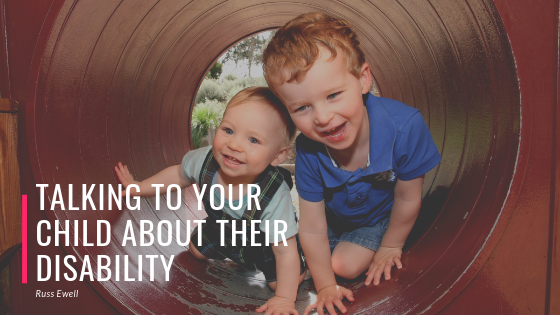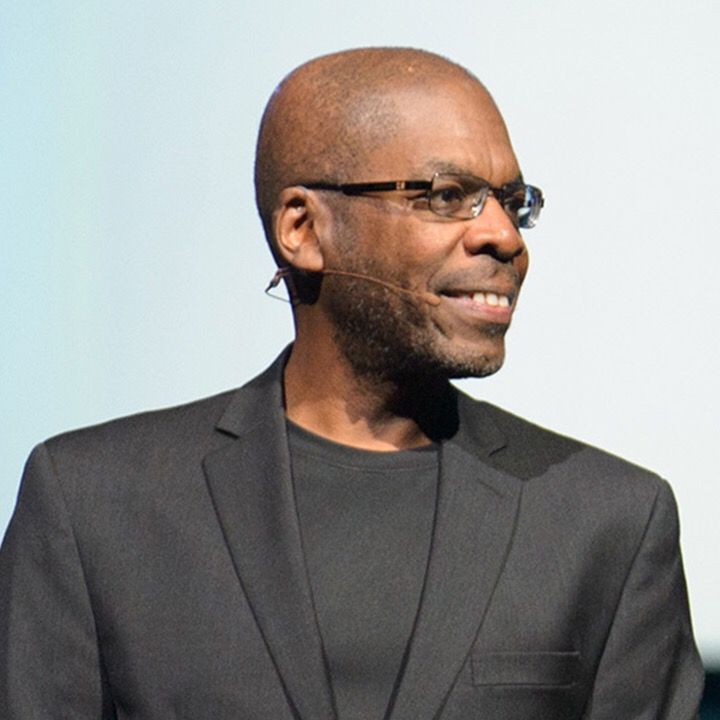If you are the parent of a child with disabilities, your first instinct when attempting to talk to your kid about it may be to put it off for another time. It can be difficult to watch your child deal with their disabilities and having a conversation about it may seem like a daunting task. However, you should know that talking to your child about their disability can actually help them in the long run and provide them with the attitude and courage to move forward with greater confidence.
Don’t Be Afraid to Talk to Your Child
Fear is an understandable concern for a parent. You may be concerned that you will say the wrong things to your child when it comes to talking about their disability. It’s a parent’s job to take the necessary initiative in guiding their child through life and a conversation about your child’s disability is no different. A constructive conversation will reduce anxiety for everyone involved and give valuable insight to your child. The key is to be properly prepared for such an important conversation.
Find the Best Time to Talk
Deciding when to have a talk with your child about their disability will depend on their specific disability as well as the age at which they first learned about it. Physical, sensory, emotional and intellectual disabilities all have different effects on a person according to their age. If you’re not sure when the best time would be to approach your child about the matter, find a knowledgeable child support professional who can help you determine the best timing.
Highlight Their Strengths
You will undoubtedly talk about the disability itself but focusing on your child’s strengths is the best way to approach the subject. Children that are aware of their talents and aptitudes are much more likely to feel strong and overcome the limitations of their disability with the greatest confidence.
Be Open to Questions
It may be scary for a parent to have to answer their child’s questions regarding their disability, but you need to show strength and communicate that you will always be there to hear their inquiries. As they grow, the questions will change but your resolve to be a good listener must remain constant. Even when you don’t know the answer, it’s important to show that you will try your best to figure it out together.
Who is Helping
A serious disability that remains in the shadows can be scary for a child and make them feel many emotions. Be sure to learn all that you can about the advances in science and medicine that exist in the pursuit of a solution. Therapists, doctors, and coaches that are involved in your child’s life should be highlighted as caring allies that are all working to help your child succeed.
Help Your Child Be Assertive With Others
The ignorance of others can be a difficult social barrier for a child to overcome. Other children and adults may not know how to interact appropriately with an individual with disabilities and this can cause a child to feel isolated. Teaching your kid how to explain to others about their disabilities and why they may look or act differently can be useful in avoiding situations that can be uncomfortable for your child. People are more likely to open up and be warm and empathetic when a lack of knowledge doesn’t cloud their judgment.
Seek Support
If you feel you need help in preparing for a conversation with your child about their disability, don’t hesitate to seek help from a professional. Also, speaking with the parents of other children who have similar disabilities can provide you with valuable insight. Science shows that support groups can be of great help. Don’t shy away from getting help. A parent-child talk can be life-changing for your kid.

